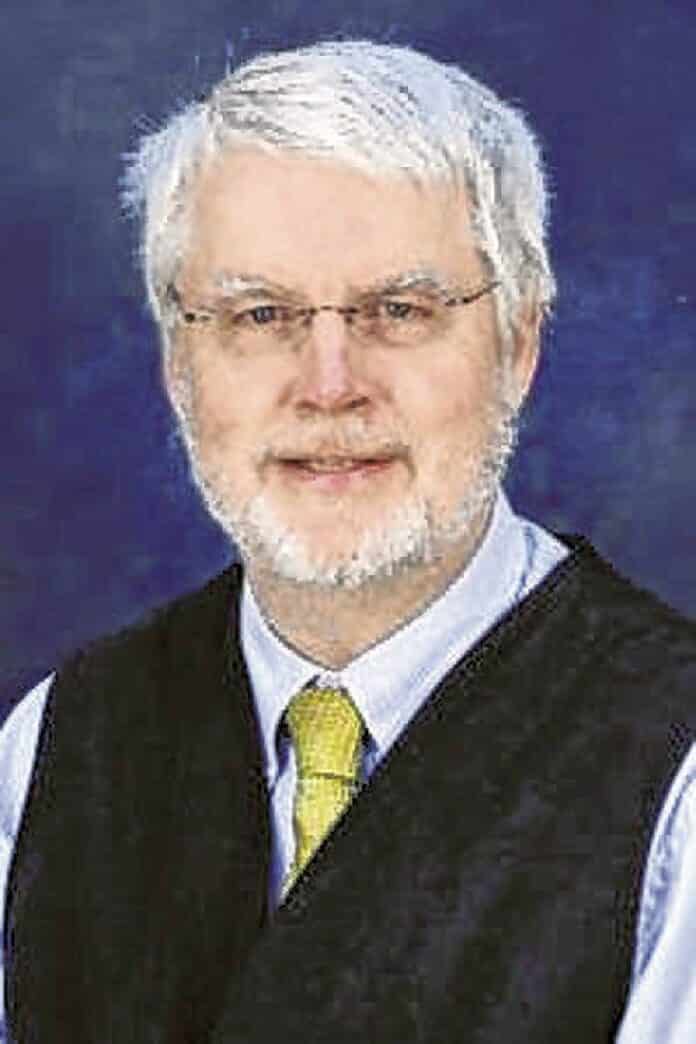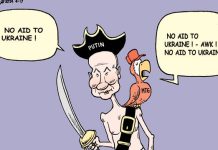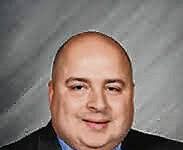What makes the person next to you unique?
We might think fingerprints or DNA make each of us unique.
Twenty years ago, I stumbled on something far more important about us as human beings than fingerprints or DNA. At the time, I was intrigued by a field of study called “faith development theory.” While not a science, faith development theory studied the various ways faith changes over the stages of life.
I soon discovered that my students also found this topic keenly interesting. A number of graduates have shared with me, as they look back on their college years, that they continue to think about the topic because it helps them understand themselves, their families, and their friends.
Student interest in faith development led to a videotape project in which several students and I interviewed persons in their twenties, thirties, and even early forties who were willing to share their spiritual journeys after graduating from college.
Something happened through the videotape experience that changed my life. We never interviewed so-called “famous” people, people who were used to being asked about their life stories. We chose “ordinary people,” people who perhaps for the first time were invited to speak about the major turning points that made them who they are.
What we discovered is that there is no “ordinary” person. Every seemingly ordinary life is a “one-off,” a unique story in the history of the universe. The only word to describe what those of us on both sides of the interview felt was “awe.” These interviews were sacred moments.
Because these were certainly some of the most powerful moments I’ve ever experienced, I became hooked on the power of interviews. After 9-11, when I offered a course on “religion and violence,” students asked if there was any hope for solving this global problem. I turned again to interviews, this time with Catholic and Orthodox monks and nuns from across the country, asking them what might help heal our country and world.
Someone might think that monks and nuns would offer the same advice. In my 30-plus interviews, I heard only one comment repeated. In sharing what was in their hearts, monks and nuns revealed astonishingly different perspectives, many linked closely to their own life stories. I was struck again with the treasures hidden in “ordinary” people.
Six years later, I began another book project, this one focusing on spiritual friendships across religious lines being an antidote to religious intolerance and misunderstanding. Once again, I based the book on interviews, this time with “ordinary” Jews, Muslims, and Christians. And once again, these interviews were sacred moments, filled with surprises and awe.
I am now engaged in a third book project, again on interfaith understanding and again based on interviews. I look forward to the experience, knowing these conversations will, like the previous interviews, change my life.
It is sad to think how different our nation’s history would be if we had grasped the awesome, sacred truth that every person is living a once-in-the-universe story. Slavery would have been impossible. Racial, religious, economic, and gender prejudice wouldn’t exist. We wouldn’t step around homeless people, wouldn’t ignore those at our southern border wanting a better life for their children, and wouldn’t throw away the key for those who’ve been incarcerated.
Closer to home, we might see the difficult colleague we work with, the person who is driving too slowly in front of us, and the person of a different political party in a different light. Each is living out a unique story.
Unlike in TV, there are no reruns in real life. We are surrounded by never-before-lived stories that could enrich our own lives — if we only stopped to listen.
David Carlson of Franklin is a professor emeritus of philosophy and religion. Send comments to [email protected]





